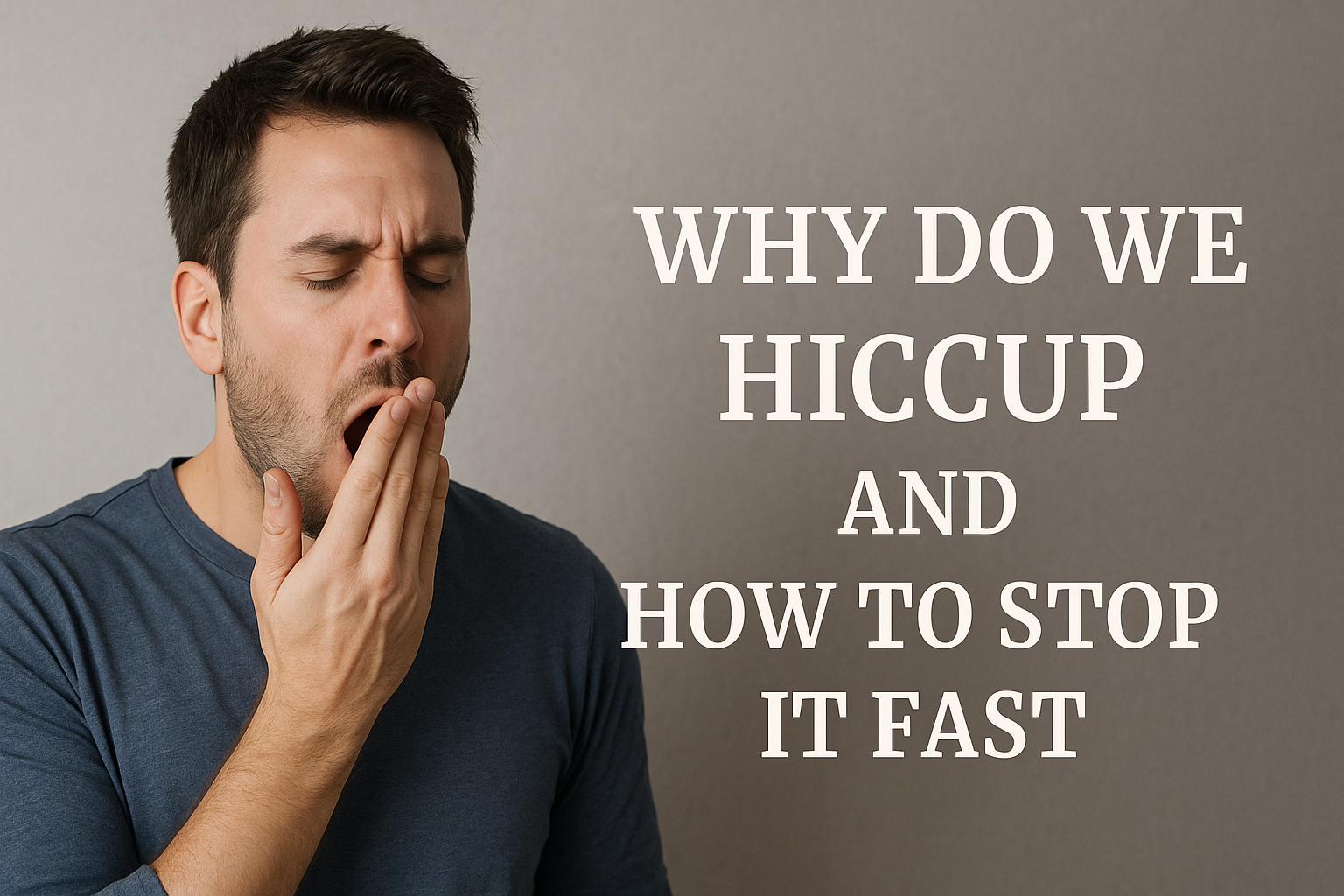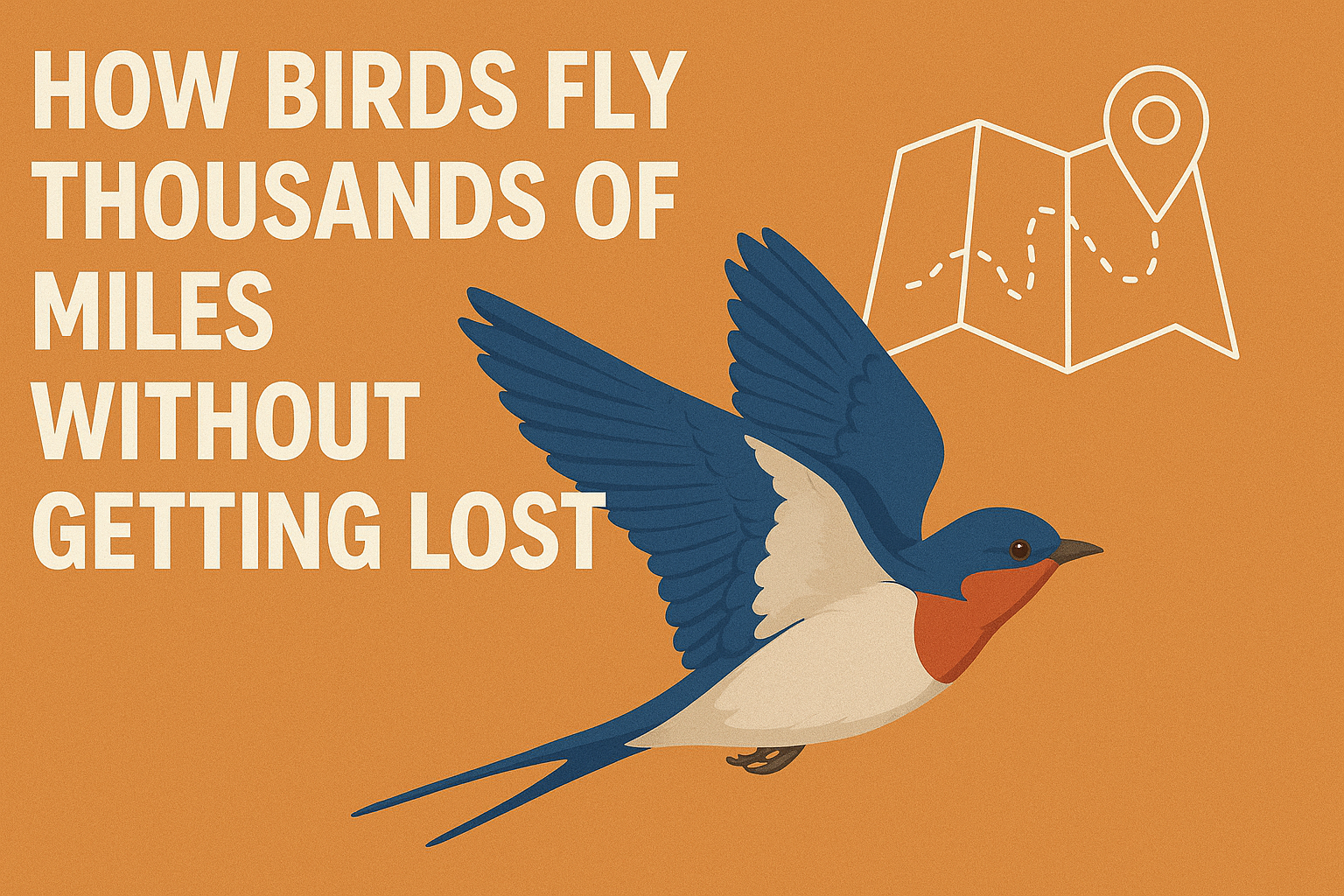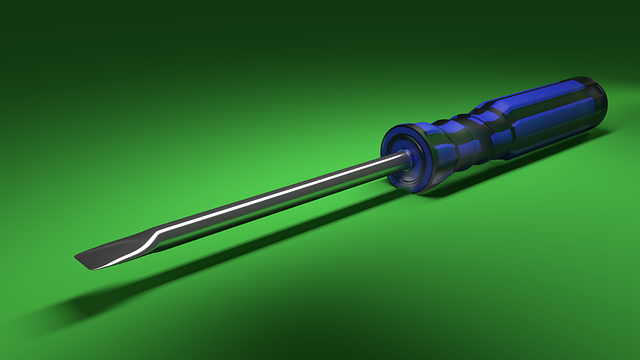Hiccups is a normal and in most cases benign condition that is experienced by all at one stage or another during their lives. They come very fast and go away fast, and occasionally they are pertinacious and troublesome. You could be sitting down having dinner, joking with your friends or you could be asleep and at that moment your diaphragm goes into a hiccup and you emit a hic sound involuntarily. But what is the reason behind this unknown body reaction? More to the point, what do you do to prevent the onset of hiccups when it is already annoying you?
Being aware of the cause of getting hiccups, and how to achieve immediate treatment will be of assistance when you are in the state of requiring some relief. This paper details the science of hiccups, their potential causes, and how you can put them to an end as quickly as possible.
What is Hiccups?
The hiccup happens when the diaphragm, which is a dome shaped breathing muscle spasms involuntarily. When this muscle flexes in an uncontrolled manner it leads to sudden rapid breathing which is interrupted by sudden closure of your vocal cords. This sudden termination translates into the sounding of the typical “hic”.
The hiccups may be repetitive or they can be sporadic; they may take up a few seconds or a few minutes. In extreme situations, hiccups may last hours to several days, what is known in the medical world as persistent or intractable hiccups.
What is the cause of hiccups?
Although scientists and doctors have done a lot of research on hiccups, it is not always apparent why people hiccup in the first place. Nevertheless, a number of famous stimuli have been determined. They are eating too fast, taking foods that are either spicy or oily, taking carbonated drinks, and gulping a lot of air. It may also be caused by emotional reasons like stress, excitement or laughter.
Hiccups can also be caused by sudden temperature shift such as hot beverage and then a cold one. Hiccups may be a side effect of medical conditions including nervous system or digestive tract.
The Role of the Diaphragm and Vagus Nerve
The diaphragm and the vagus nerve play important roles in the sense that they trigger an increased heart team production of a hormone known as the supplement of hormones.
In order to comprehend the occurrence of hiccups, one should examine the way your body manages the breathing. This is the contraction and the relaxation of the diaphragm to enable you to breathe in and breathe out. This is under the control of phrenic nerve and vagus nerve. As soon as these nerves are irritated or stimulated in some manners, they may trigger hiccups by triggering the diaphragm to contract.
Specifically, swallowing food too fast may lead to the distension of a stomach and pushing against diaphragm. This mechanical pressure could pull the nerves and trigger the spasms which is what happens in hiccups.
When Are Hiccups an Issue of Concern?
Majority of hiccups disappear by themselves and are not something to be concerned with. Nevertheless, in case your hiccups persist longer than 48 hours, you should address to a doctor. The presence of persistent hiccups may indicate a more severe condition in some cases which may include acid reflux or a stroke or as far as tumors in the brain or spine.
It is possible to develop sleep disturbances, weight loss, and even mental stress in rare cases when the constantly affecting daily activities long-lasting hiccups can be associated with that.
The Fastest Way to get Rid of Hiccups
Although it does not have a universal cure, several home remedies have helped a majority of sufferers. Such combination of tricks will help somatomotorically stimulate the vagus nerve, disrupt your breathing rhythm or corebrally distract your brain of the hiccup reflex.
Breathing with the mouth has been known to cool a person down by counting out loud to reach ten. This raises the volume of carbon dioxide in your blood and this may have an effect of bringing relaxation to the diaphragm as the spasms are prevented. The other means of solving the problem is to hastily swallow a glass of cold water. Temperature and the swallowing process may reset the nerve activities causing hiccups.
Others get instant relief by drinking upside down, arching back and sipping over on the distant side of a glass. Some people will swear by taking a spoon of sugar or by sucking a lemon. These hiccup tricks increase vagal activity so that it can break the hiccup loop.
Hiccup Breathing Techniques Relief
One of the ways to effectively fight the hiccups could be the breathing control. Relaxing the diaphragm by taking deep and slow breaths into the belly will decrease the risks of the diaphragm to spasm again. Take five seconds to breathe in with your nose and hold on to the breath elsewhere five seconds, and then breathe out slowly through the mouth. Try a couple of minutes of this and your hiccups can vanish.
This is even followed by breathing into a paper bag which has been recommended by some experts in the same manner that one is advised to cope with hyperventilation. This process elevates the levels of carbon dioxide in the blood and this may cause the diaphragm to resume normal rhythm.
Challenging the Body Reflexes
Another range of hiccup solutions also hinges on reflex support. Such pulling at your tongue, or rubbing the back of your neck or even with a foot on your diaphragm might help at times. Such movements trigger off the surrounding nerves and can suppress the misfiring signals which are triggering the hiccups.
Gargling cold water or drinking something very sour as vinegar is another interesting idea. The intense sensations may cause a brain reflex which dismantled the hiccup signal.
Hiccups and Psychological Causes
Emotional stress or anxiety can even cause or extend hiccups in certain occasions. Meditation practices, mindfulness or even light exercise will assist in restoring the nerve action that causes the hiccup reflex.
Hiccups may also start as a result of too much laughing or crying. To avoid the hiccups which are possible ways aroused by emotions, calm atmosphere, a reduction in the pace of breathing, and grounding exercises can serve as ways of preventing the incidence of offensively induced hiccups.
Hiccups in Children and Babies
Babies have hiccups as well and it usually occurs following a meal. It is normal though nothing to be worried about. They still have undeveloped digestion and can spasm after feeding of the diaphragm. Most of the time, burping the child, holding him or her upright during a few minutes after the meal or a soft rock would help to stop the problem.
In some cases, your baby may be experiencing hiccups a lot or the hiccups are causing the feeding or sleep problems that is why it may be possible to consult a pediatrician just to have a piece of mind.
Conclusion
Although it could be shriekingly annoying, hiccups are usually not at all dangerous. Knowing what triggers them, whether nerve irritation to emotions, can affected control. Although the severity of hiccups varies, different ways are available that can treat the condition within less than a minute, through drinking water fast or holding your breath, along with manipulating a reflex. However, in the event it lasts longer than two days, however, it is prudent to consult medical assistance as this could be evidence of a bigger problem.
When you happen to be hit by some random attack of hiccups next time, you will be ready to get rid of them with a poser of effective techniques no doubt.




